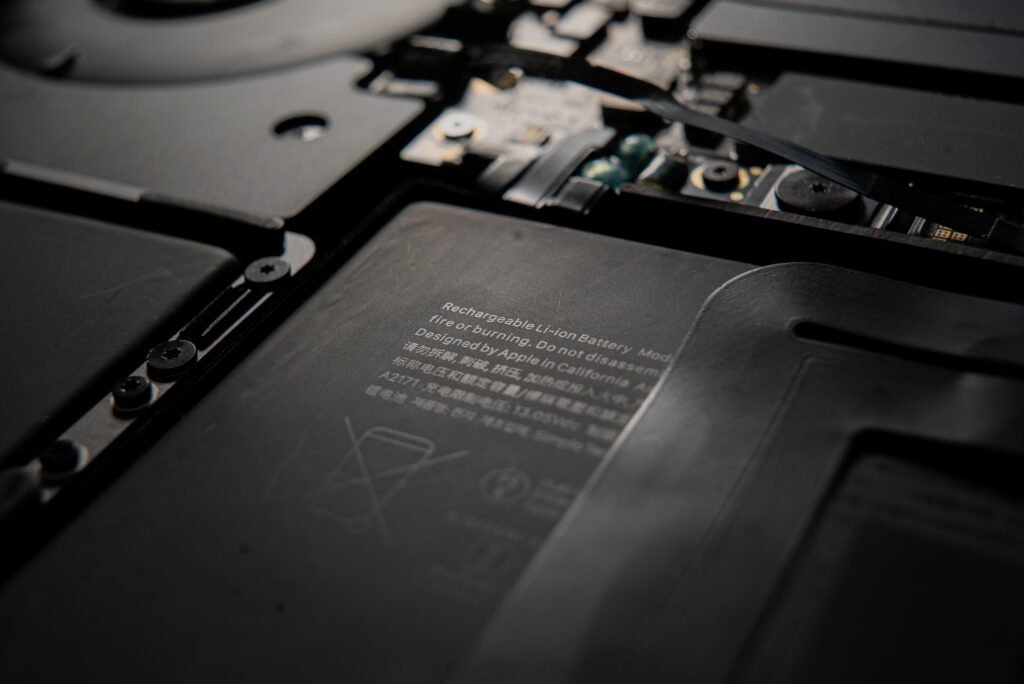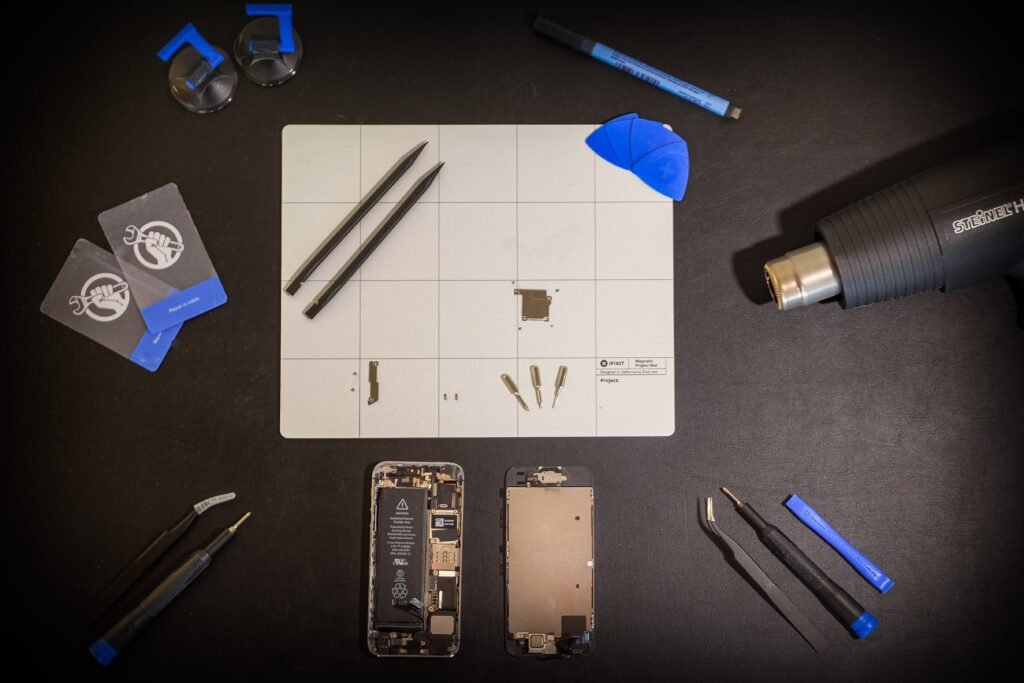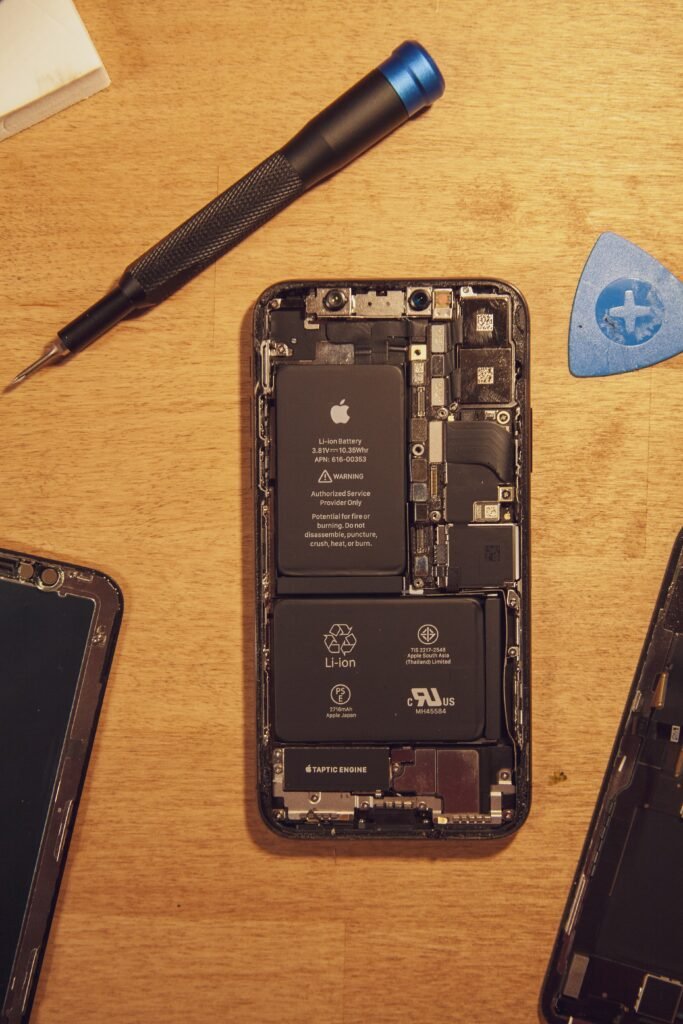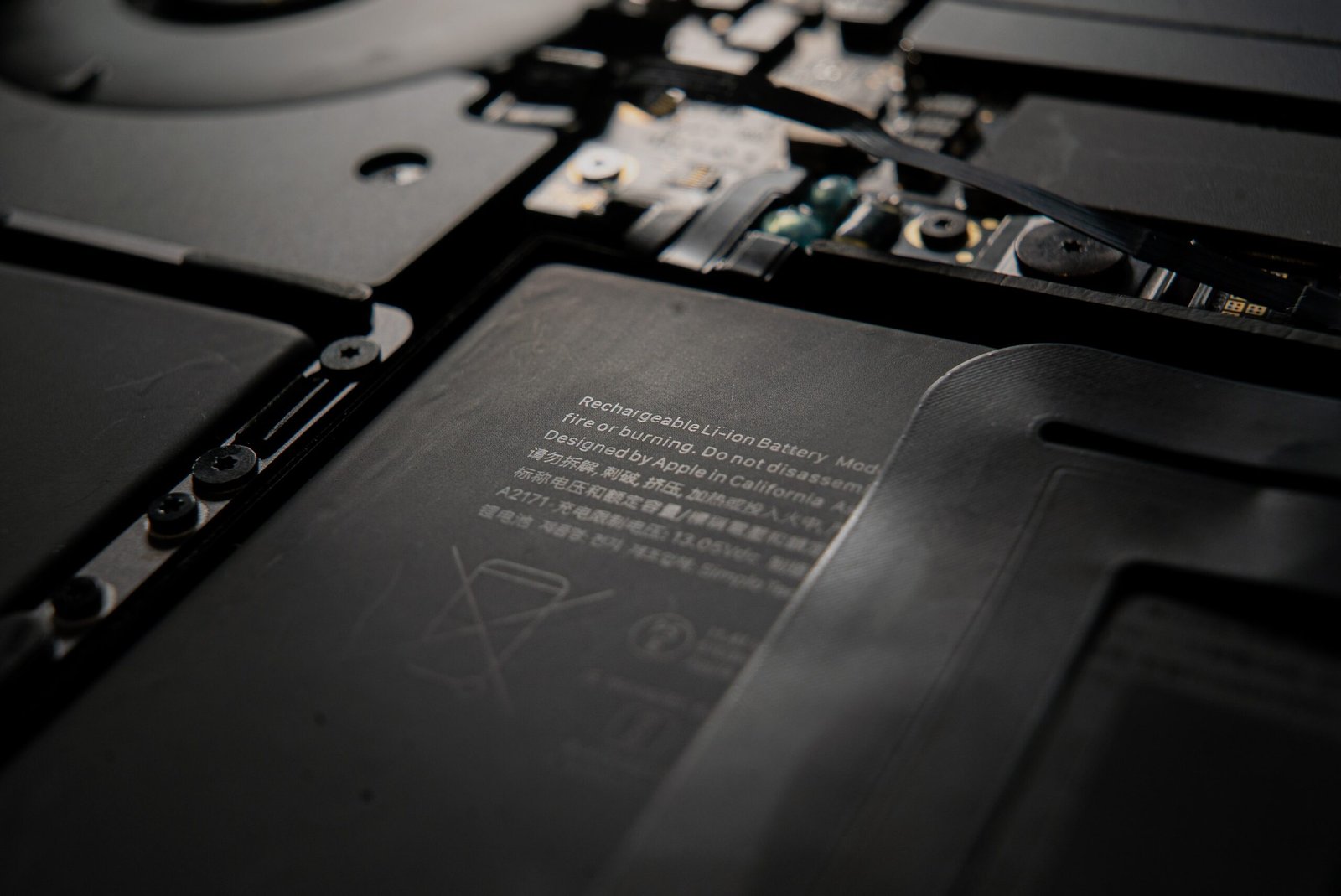iFixit, a popular repair site, has recently sent a petition to the United States Federal Trade Commission (FTC) urging for stronger Right to Repair rules. The petition highlights the obstacles that manufacturers have put in place to prevent customers and independent repair shops from repairing their electronics, such as proprietary screws and repairs that require software authentication. iFixit is calling for new rules that ensure replaceable and readily available components, the ability to choose repair options, and the continuation of key functions even after manufacturer support is discontinued. The site also advocates for interchangeability of components and the protection of customers’ personally identifiable information. iFixit suggests that the FTC should adopt a repairability score policy similar to the one in France. While the development and enforcement of these rules may take years, iFixit remains hopeful that the FTC will consider their request.
iFixit Petitions FTC for Stronger Right to Repair Rules

Background
In a recent development, popular repair site iFixit has sent a petition to the United States Federal Trade Commission (FTC), urging the establishment of stronger Right to Repair rules. iFixit’s petition aims to protect consumer interests and address the various challenges faced by consumers and independent repair shops when repairing electronic devices.
Current Challenges
Manufacturers often impose restrictions that hinder consumers and repair shops from effectively repairing electronics. For instance, companies like Apple implement proprietary screws and software authentication, making it difficult for individuals or independent repair shops to access and repair devices.
iFixit’s Petition to FTC
iFixit’s petition to the FTC seeks to shed light on these challenges and propose solutions that safeguard consumer rights. The petition aims to address critical issues surrounding the Right to Repair, calling for rules that consider the following aspects:
Replaceable Consumable Components
Consumable components, such as batteries, should be easily replaceable throughout the lifespan of a product. This ensures that consumers can maintain their devices without facing unnecessary barriers.
Readily Available Repair Parts
Components that are prone to breakage should be readily available as repair parts. This would allow consumers or repair shops to quickly and conveniently replace faulty components.
Consumer Choice in Repair
Consumers should have the freedom to choose where they take their damaged products for repair. Whether opting for a repair shop of their choice or attempting to repair the device themselves, consumers should have autonomy over their repair decisions.
Continuity of Key Functions
When manufacturers discontinue support for a product, its key functions should not be compromised. Independent repair shops should be able to perform repairs, ensuring that consumers can continue using their devices seamlessly.
Interchangeability of Identical Components
Ideally, identical components from two devices should be interchangeable without manufacturer intervention. However, this is currently not the case with Apple devices, which limits repair options.
Personal Information Protection
Independent repair shops should not be obligated to report customers’ personally identifiable information to manufacturers. This protects consumer privacy and ensures that repair services can be carried out confidentially.
Similar Policies in France
In France, Right to Repair laws require manufacturers to provide device repairability scores, indicating the level of difficulty or ease of repairing a device. iFixit suggests that the FTC should adopt a similar policy in the United States. The device repairability score can help consumers make informed decisions about purchasing and repairing electronics.

iFixit’s Request to the FTC
iFixit’s petition serves as a request to the FTC, urging them to take action to protect consumer rights. While iFixit acknowledges that establishing and enforcing new rules can be a lengthy process, they express hope that the FTC will consider their request and take steps towards ensuring a stronger Right to Repair.
Apple’s Support for Right to Repair
Apple has shown support for the Right to Repair movement, particularly in California. The company endorsed California’s Right to Repair law, which requires parts to be sourced directly from the manufacturer. Apple has also expressed interest in pushing for a nationwide Right to Repair law that balances repairability with product integrity, usability, and physical safety.

California’s Right to Repair Law
California’s Right to Repair law has certain provisions that align with Apple’s goals. For instance, it mandates that manufacturers provide the necessary parts for repairs. However, the law lacks some of the specific provisions proposed by iFixit, such as allowing the interchangeability of components between identical devices and conducting repairs without tying components to a device’s unique IMEI.
iFixit’s Concerns with Apple’s Repairability
Despite Apple’s support for Right to Repair, iFixit recently lowered the repairability score of the iPhone 14 from a 7/10 to a 4/10. This decision was influenced by Apple’s practice of tying repair components to specific devices, requiring validation, and limiting repair options. iFixit highlights this concern to reinforce the need for stronger Right to Repair rules.
In conclusion, iFixit’s petition to the FTC emphasizes the importance of establishing stronger Right to Repair rules that protect consumer interests. By addressing challenges faced by consumers and repair shops, implementing proposed rules, and drawing inspiration from similar policies abroad, the FTC has the opportunity to bolster consumer rights and promote a more sustainable approach to device repair. Apple’s support for Right to Repair and California’s existing law serve as positive steps towards achieving this goal, but there is still work to be done. It is essential for stakeholders to collaborate and advocate for an inclusive and comprehensive Right to Repair framework that benefits both consumers and the environment.








